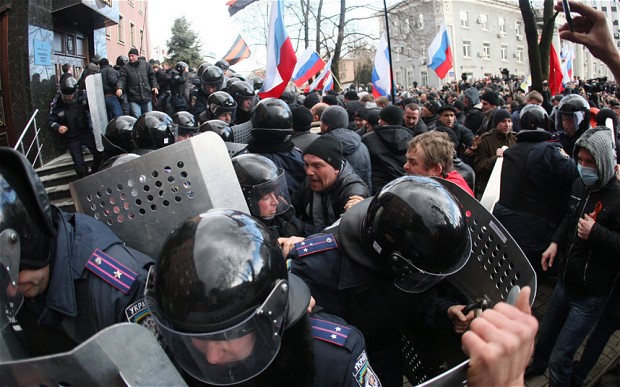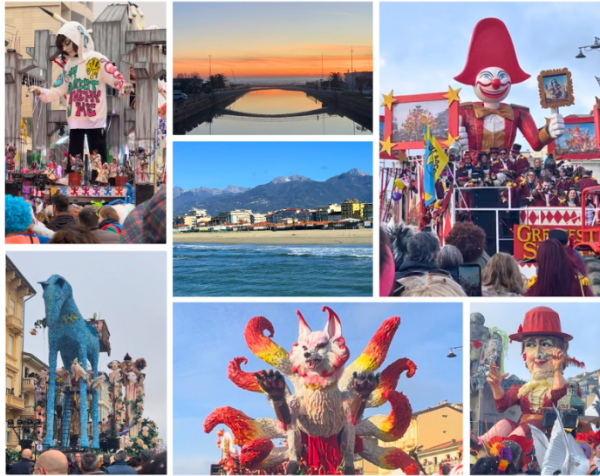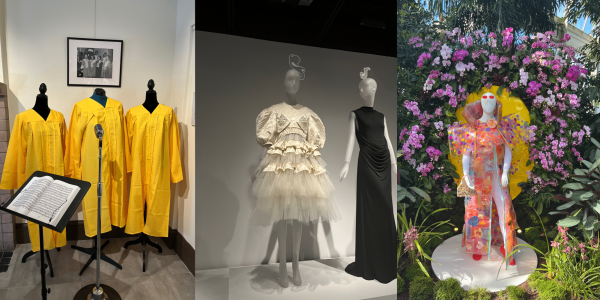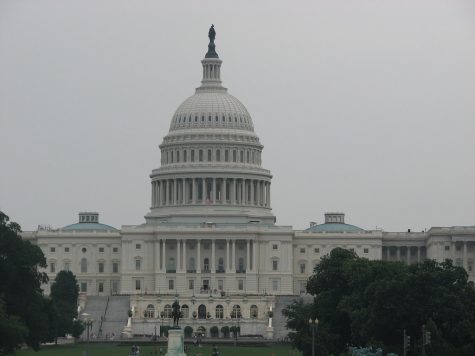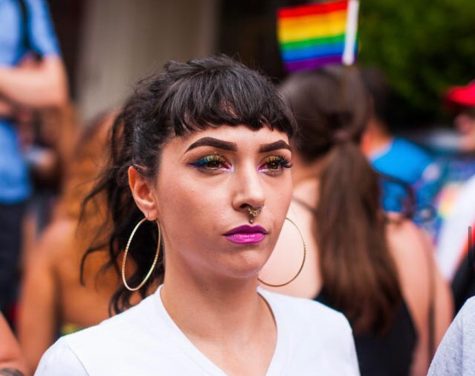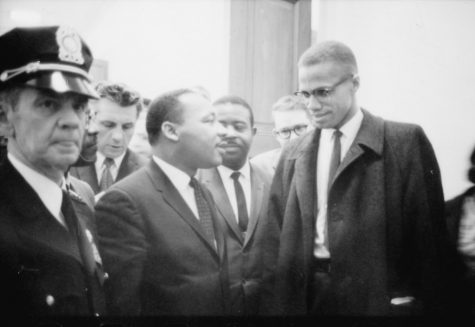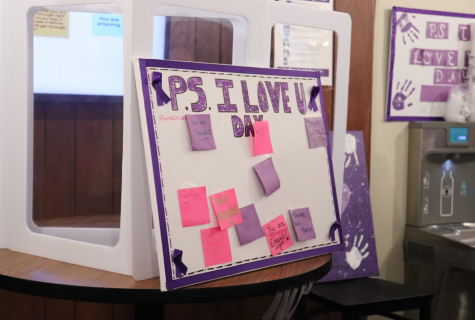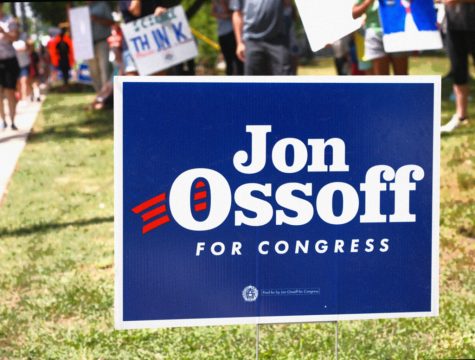The Continued Ukrainian Saga
Recent Highlights: Russia has been suspended from the G7; friction continues to grow over the proper appropriation of sanctions
March 26, 2014
For Ukraine, things just seem to continue speeding on up.
Revolution was sparked in Ukraine at the end of last month when President Viktor F. Yanukovych refused to complete a deal with the European Union. Protesters eventually took over Kiev’s Independence Square, located in the heart of the country’s capital, where they demanded the President’s resignation. Violence broke out between protesters and the police force, resulting in the deaths of over 90 people and subsequently President Yanukovych’s resignation from office. Elections for a new president are set for on May 25.
In consequence, Russian military forces took over Crimea, a part of Ukraine that is largely populated by people of Russian origin. A referendum was scheduled for the 16th, where the people of Crimea voted on whether to join Russia: 96.6% of Crimeans said yes.
But for the rest of the world, they don’t exactly fit into the majority.
The Ukraine government and the United States government have both stated that the referendum and the potential annexation of Crimea into Russia are directly against the Constitution of Ukraine. But are they right? They argue that the forces Russia is directly responsible in the obstruction of what is intended to be a free election is unlawful–and are joined with other nations in the EU in their sanctions against the Putin-led annexation.
But the drama doesn’t end there. The United States’ voice just continues to grow.
In a statement released by the White House, the question of the validity of the outcome of the vote was raised. The current considerable Russian military presence in Crimea put a large amount of pressure on the Crimean people to vote in favor of joining Russia. And the pressure is still going strong; Russian Cossacks continue to stand as a formidable sentries outside the Crimea regional government building. As a result, Representatives from several western nations have engaged in discussion with Russian leader Vladimir Putin’s representatives to attempt to resolve the conflict. The European Union and the newly reformed G7 (Group of Seven industrial nations: Britain, Canada, France, Germany, Italy, Japan, and the United States) have both urged Russia to cease efforts to make Crimea part of the country; however, Russia has asserted its decision to respect the outcome of the vote.
But for now we can only wait.



